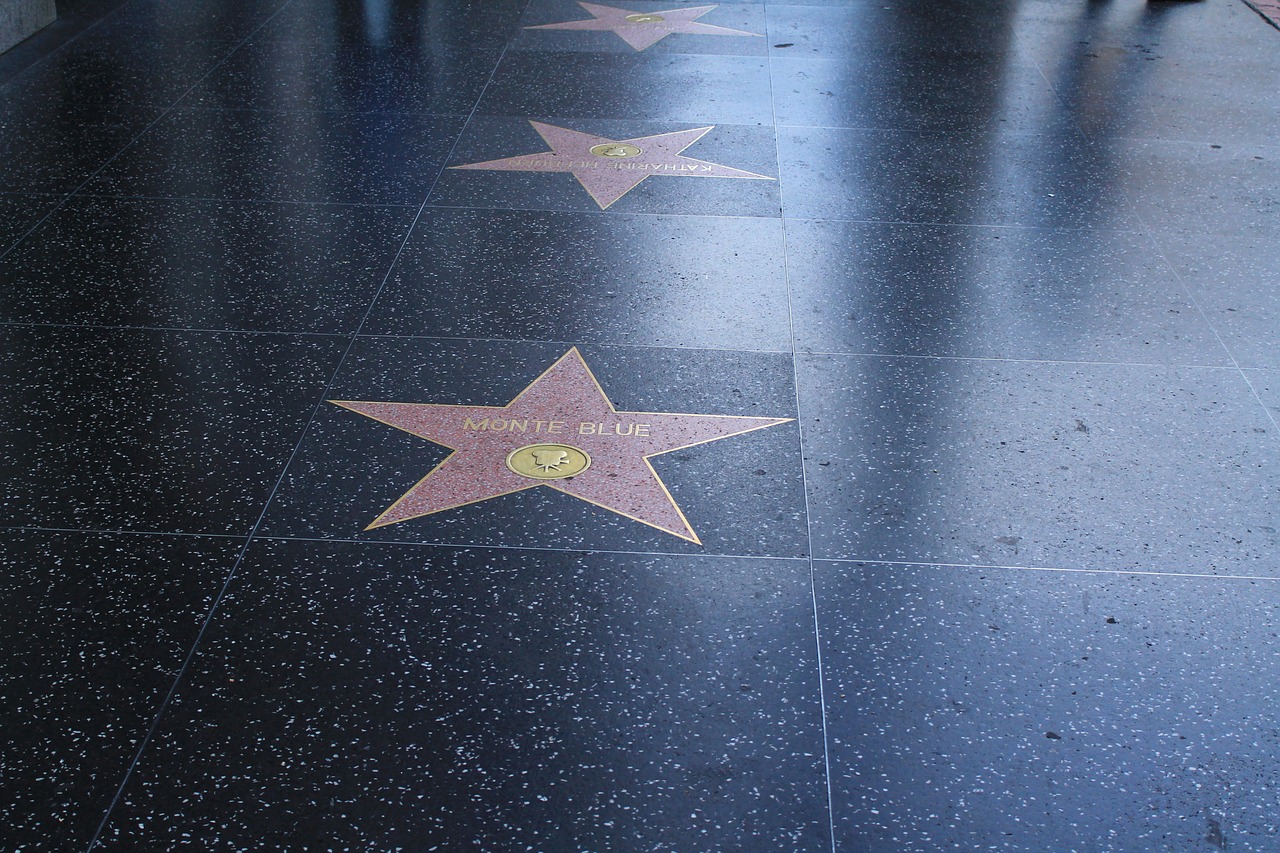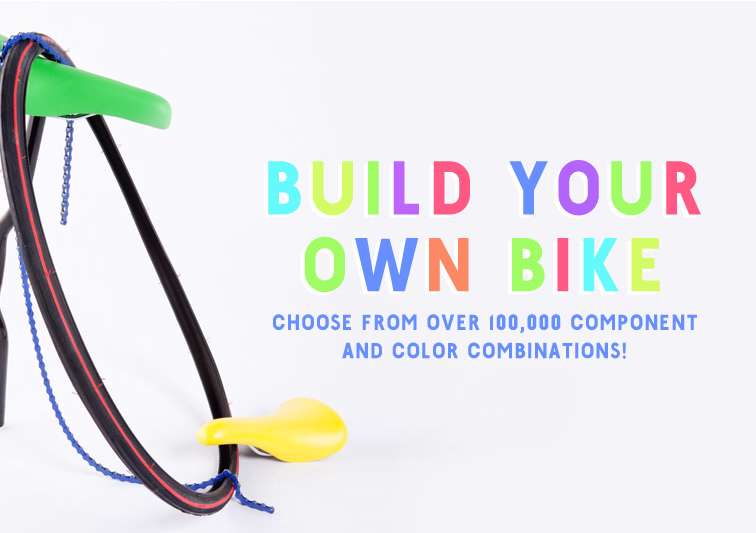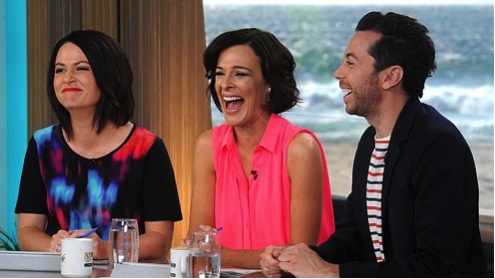
Should brands be more empathetic when their celebrities get it wrong?
May 30, 2014
Should brands be more empathetic when their celebrities get it wrong?
Celebrity endorsement has been a marketing strategy for brands since marketing began. Borrowing the positive traits and personality of a celebrity to create awareness and meaning for a brand is a technique many businesses employ here in Australia and around the world.
Some say it is a successful strategy. A 2011 study published in the Journal of Advertising that looked at athletes’ support for brands found that such endorsements produced a 4% growth in revenue (about $10 million a year in added sales of the branded products), and a 0.25% rise in stock returns.
There is mixed feedback as to whether it works – the empirical research argues it both ways. The key point that all of the studies make is that the biggest risk (or potential impact on it the success) with celebrity endorsement is the brand’s association with that stakeholder if they behave ‘badly’, if they act inconsistently or speak out on an issue that that brand does not believe in.
When things go wrong, most brands act the same way:
- Christian Dior dropped all Chinese advertisements featuring Sharon Stone after the actress made insensitive remarks regarding a devastating earthquake that claimed the lives of over 68,000 people.
- In 2007 Kate Moss was famously dumped by 7 brands including Dior when pictures of her surface taking drugs.
- When Tiger Woods’ indiscretions came out most of his sponsors dropped him including the ‘marriage made in heaven’ Nike.
- Even recently one of Australia’s Olympic swimmers was dumped by Swisse after being arrested at Randwick for (alleged) drug use.
We can see why a boardroom full of business people would make decisions to abandon their celebrity endorsers when things go wrong but would it be better for that brand to do something different?
What if the ‘brand’ supported those spokespeople that (like most humans) make mistakes and then made a public statement saying, ‘its ok, we forgive you’.
If brands are adding a human element to their strategies by using real people to help them grow then shouldn’t these same brands also act in humane ways when things do go wrong.
Irrespective of whether the strategy is good or bad, risky or successful, wouldn’t it be interesting for brand owners to show a bit of empathy and support their celebrity endorsers in their time of need? I mean, they are asking real people with imperfections to contribute to their success.

